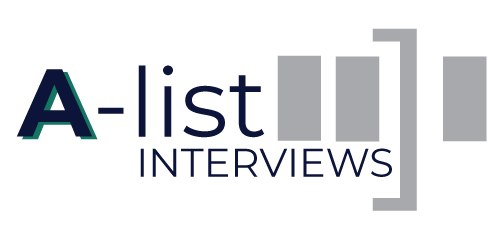by Beth | Oct 25, 2011 | Employee Hiring, Interview Process
Lots of people are confused about the role of an interviewer. Some people think that an interviewer is a Human Resources professional. Human resources is defined as the function within an organization charged managing policies related to the management of individuals who already work in the establishment. The responsibility interviewers perform is the formal meetings for the assessment of the qualifications of an applicant. In other words, interviewers identify future staff.
While the roles of human resource professionals sometimes require them to also perform the duties of an interviewer, this is not essentially part of their job description. People also often confuse interviewers with recruiters or headhunters. Recruiters solicit people to apply for positions. Interviewers select the candidates and determine the finalists for review by management of the company.
If your human resources department is performing interviews, look into additional training to give them the appropriate tools. Nowhere in their education is this job skill addressed.
No one can replace the hiring manager in the interview process.
by Beth | Oct 25, 2011 | Employee Hiring, Interview Process
I have seen companies who are looking for employees post a blind ad, meaning they post an ad without using the company name. This ad will request that the candidate send their resume, which includes personal information like addresses and phone numbers. If you have ever responded to a blind ad, then you know that those ads are usually solicitations of some sort.
What does a company hope to gain by posting a blind ad? Anonymity? How would you expect to attract quality candidates while remaining anonymous at the same time? It is a conflicting message to candidates: “Please apply, but not really…” Placing the company name on an ad is setting the tone for the application process. The ad says that the company is proud to open its doors to the next best person to work here. It says that the company is serious about finding someone great. It says, “Please apply, quality candidates, come join our team.”
by Beth | Oct 25, 2011 | Employee Hiring, Interview Process
I have seen companies who are looking for employees post a blind ad, meaning they post an ad without using the company name. This ad will request that the candidate send their resume, which includes personal information like addresses and phone numbers. If you have ever responded to a blind ad, then you know that those ads are usually solicitations of some sort.
What does a company hope to gain by posting a blind ad? Anonymity? How would you expect to attract quality candidates while remaining anonymous at the same time? It is a conflicting message to candidates: “Please apply, but not really…” Placing the company name on an ad is setting the tone for the application process. The ad says that the company is proud to open its doors to the next best person to work here. It says that the company is serious about finding someone great. It says, “Please apply, quality candidates, come join our team.”
by Beth | Oct 20, 2011 | Interview Process, Selecting Good Candidates
In the movie “Up in the Air,” George Clooney remarks “I stereotype. It’s faster.” It may be faster, but it is not 100% predictable. In other words, you cannot predict an employee’s success in their position by stereotyping. I work with business owners and hiring managers every day who use stereotypes to predict employees’ success or failure. I say that for every stereotype that exists and is used to predict behavior, I have a success story to disprove it.
So, which interview method works best to accurately predict the likelihood of success in an employee? The answer may surprise you: just listen.
Don’t talk. Don’t think about the next question you are going to ask. Don’t look at your phone. Don’t clean your finger nails. Don’t tie your shoe. Sit. Focus. And listen. Really hear, observe and absorb what your candidate is telling you. Be entirely present to the moment, and the candidate will tell you if they will be successful in the position with their answers.
by Beth | Oct 19, 2011 | Selecting Good Candidates
Christopher Robin: “There now. Did I get your tail back on properly, Eeyore? “
Eeyore: “No matter. I’ll most likely lose it again anyway.”
Last month, I interviewed a candidate who was world weary, tired and unhappy. This person had been out of work for a long time in an industry that is rapidly changing. The overall impact was the “Eeyore Effect.”
Christopher Robin and his gang are forever reaching out to help their friend re-attach his tail, but Eeyore shows no appreciation for their efforts. Not only does he not thank Christopher Robin for helping him, he criticizes Christopher’s work. He also puts forth no effort to permanently find a solution to his tail falling off. Has he thought about super glue? Stitches? Duck Tape?
In other words, Eeyore is an energy drainer. He is hard to be around. He has very little enthusiasm for his life, his work, his tail or even his friends. Can you imagine as if you had an employee like this?
Watch for the “Eeyore Effect” while you are interviewing, even if when faced with the world weary, tired and unhappy.
(Thanks to Michelle Barnes for “The Eeyore Effect”)
